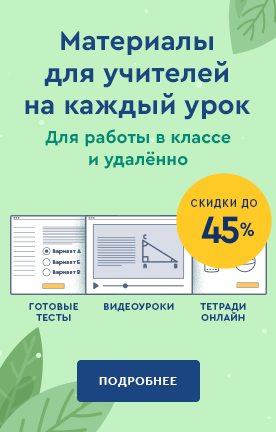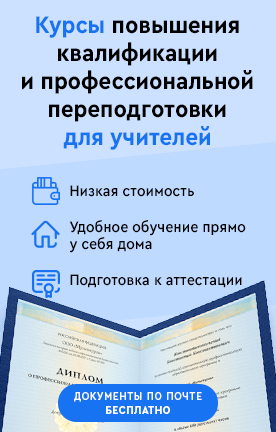Данное мероприятие представляет собой ролевую игру в форме телемоста о жизни и творчестве Вильяма Шекспира. Целью данного мероприятия является развитие социокультурной компетенции учащихся, инициативного говорения в монологе и диалоге и поддержания интереса к изучению английского языка.
Создайте Ваш сайт учителя Курсы ПК и ППК Видеоуроки Олимпиады Вебинары для учителей
Ролевая игра в форме телемоста «Жизнь и творчество Вильяма Шекспира»
Вы уже знаете о суперспособностях современного учителя?
Тратить минимум сил на подготовку и проведение уроков.
Быстро и объективно проверять знания учащихся.
Сделать изучение нового материала максимально понятным.
Избавить себя от подбора заданий и их проверки после уроков.
Наладить дисциплину на своих уроках.
Получить возможность работать творчески.
Просмотр содержимого документа
«Ролевая игра в форме телемоста «Жизнь и творчество Вильяма Шекспира»»
Предмет: Английский язык
Категория: Мероприятия
Целевая
аудитория: 10 класс.
Урок соответствует ФГОС
Полезное для учителя
Распродажа видеоуроков!
1460 руб.
2240 руб.
1460 руб.
2240 руб.
1460 руб.
2240 руб.
1460 руб.
2240 руб.
Курсы ПК и ППК для учителей!
800 руб.
4000 руб.
800 руб.
4000 руб.
800 руб.
4000 руб.
800 руб.
4000 руб.
ПОЛУЧИТЕ СВИДЕТЕЛЬСТВО МГНОВЕННО
* Свидетельство о публикации выдается БЕСПЛАТНО, СРАЗУ же после добавления Вами Вашей работы на сайт
Удобный поиск материалов для учителей
Проверка свидетельства




















